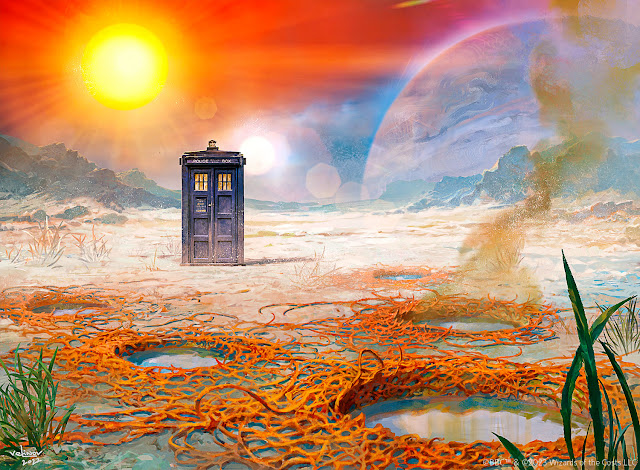Human Nature [PROSE/1995.5.18]
★★★★★
A seminal novel, a beautifully written one, and quite possibly one of the most important examinations of the Doctor's characters -- what else do you want me to say? New Series fans know this story as the one with the superb David Tennant performance, but dare I say, this book allows for more depth and horrifying scenarios. I mean, you weren't gonna get an entire school of boys being blown up into a glass monument retaining their remains, werer you?
Yes, a lot of brutal things happen, and many of those brutal depictions seem to happen to the boys at this school, which might understandably discomfort some people. Violence, however, is such a necessary part of Human Nature (it's in the title, after all) and this novel wouldn't hit as hard without those horrible events happening for us to read. I was equal parts mortified and captivated reading the book, the former because of this violence (and how frank Paul Cornell is with it in how bullies' minds work and how Timothy reacts to it) and the latter because of Cornell's bleeding heart towards the Doctor and Benny... and Joan to a certain extent... and his delightful prose style allowing for an easy read page to page. It's been obvious ever since Timewyrm: Revelation, but Cornell has the Seventh Doctor's characterisation on lock; he's such a good writer for this incarnation, and Human Nature's an opportunity to double down on the examination of Seven's dubious morality and present a flip side to his coin -- John Smith, a kind man who's a bit of a pushover, bless him -- who contrasts with the Doctor very nicely. Such is the level of understanding Cornell has for how Sylvester McCoy played this incarnation onscreen that, even in his human form, I could see the great man injecting his own brand of charm and acting the life out of himself had this been a TV serial. His romance with Joan is a particular highlight, and it's a shame that some write that off (and the eventual TV two-parter, for that matter) as an endorsement of the woman's racism. No, it's not. It's simply to show that John Smith is capable of falling in love while the Doctor seems almost repelled/repulsed by it -- maybe he's operating on a level of morality far above us mortal beings, and that's why he's so averse to falling in love with anyone? After all, Joan is a very nice woman... but she is of her time.
Perfect book, really. I remember being utterly awed by the book on first reading, thinking to myself, 'Wow, they really went there?' with many of what happens inside. Paul Cornell is an author interested in details, and Norfolk 1914 is brought to life with so many vivid characters that refuse to leave your mind -- Timothy Dean, Hutchinson, Alexander, and of course, Joan Redfern. The villains, the Aubertides, are one of the most grotesque depictions you'll probably find in most Dr. Who books (the Family of Blood has nothing on them, sorry to say), and they add so much to the weirdness of this novel, its willingness to show just how adult the story can get. I laughed, I cried, and I shuddered -- and with this revisit, I did all these over again. Human Nature's one of the best Dr. Who novels ever written.





Comments
Post a Comment